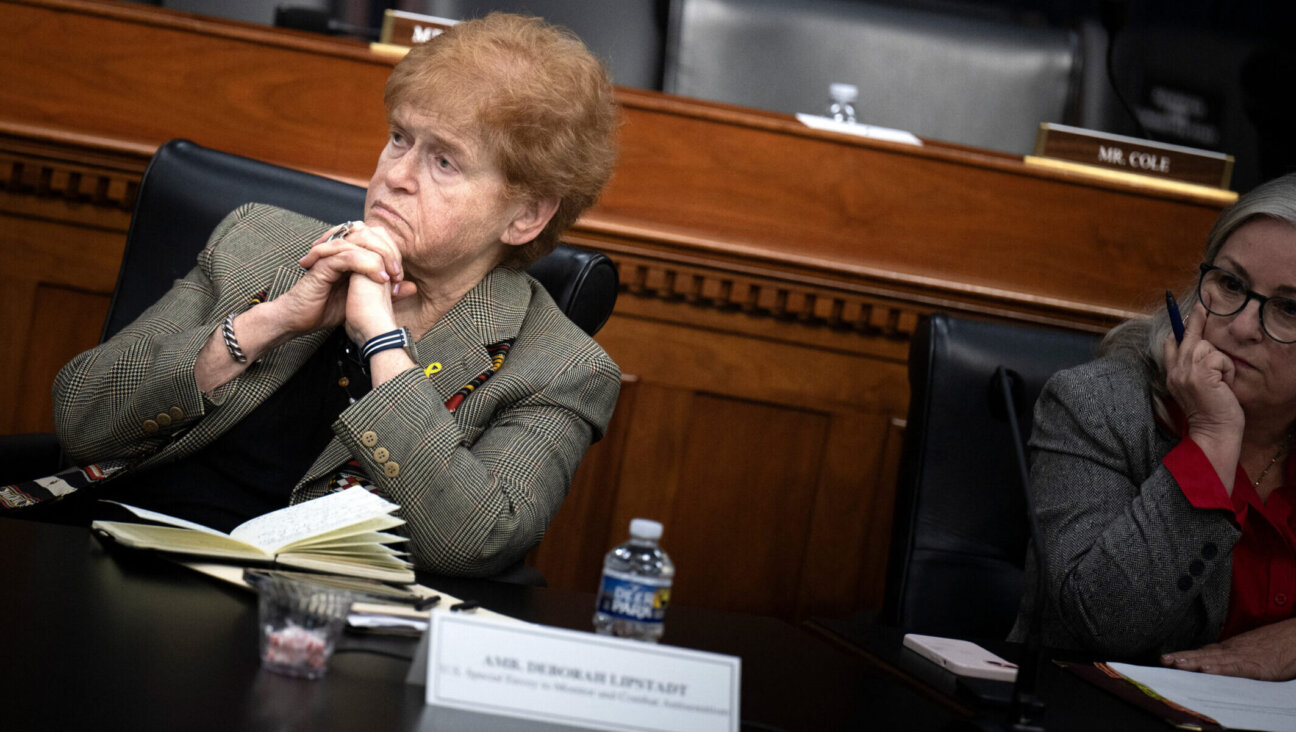Yitzhak Shamir Spied on Me

Image by getty images
I didn’t know Yitzhak Shamir, but he knew me – or at least tried to.
In January 1989, HaIr editor Meir Schnitzer and I appealed against a Chief Military Censor’s decision to the Israeli High Court, and won. The court gave permission to publish an article I wrote on an upcoming change in the leadership of the Mossad that was censored up until then.
Yitzhak Shamir, who at the time as Prime Minister had ministerial responsibility over the Mossad, was troubled by the court ruling, and his curiosity over the identity of the journalist who cracked the defensive wall of secrecy and darkness was aroused. He ordered the intelligence agency to write a report on the little-known journalist and present him with the findings. The Mossad’s security unit tackled the task and assembled a file on me.
This file must have been brief; how much information could they have gathered on a 23-year-old journalist working for a local Tel Aviv newspaper, with a less than exceptional high school and military record? And yet, since hearing about this incident, I’ve been curious what they have compiled in that file, which is most likely highly classified. Maybe one day I will read it, through the application of the Freedom of Information Law or courtesy of a local Wikileaks.
A few years later the roles reversed, and it was I who wanted to get to know Shamir. I was conducting research for a book I meant to write on the conduct of Israeli prime ministers from Shamir to Sharon. I was especially intrigued by him, the man with the bushy eyebrows. But his medical condition had already deteriorated, and I resigned myself to interviewing people in his close circle.
For more, go to Haaretz.com
The Forward is free to read, but it isn’t free to produce

I hope you appreciated this article. Before you go, I’d like to ask you to please support the Forward.
Now more than ever, American Jews need independent news they can trust, with reporting driven by truth, not ideology. We serve you, not any ideological agenda.
At a time when other newsrooms are closing or cutting back, the Forward has removed its paywall and invested additional resources to report on the ground from Israel and around the U.S. on the impact of the war, rising antisemitism and polarized discourse.
This is a great time to support independent Jewish journalism you rely on. Make a gift today!
— Rachel Fishman Feddersen, Publisher and CEO
Support our mission to tell the Jewish story fully and fairly.
Most Popular
- 1

Opinion The dangerous Nazi legend behind Trump’s ruthless grab for power
- 2

Opinion A Holocaust perpetrator was just celebrated on US soil. I think I know why no one objected.
- 3

Culture Did this Jewish literary titan have the right idea about Harry Potter and J.K. Rowling after all?
- 4

Opinion I first met Netanyahu in 1988. Here’s how he became the most destructive leader in Israel’s history.
In Case You Missed It
-

Opinion Gaza and Trump have left the Jewish community at war with itself — and me with a bad case of alienation
-

Fast Forward Trump administration restores student visas, but impact on pro-Palestinian protesters is unclear
-

Fast Forward Deborah Lipstadt says Trump’s campus antisemitism crackdown has ‘gone way too far’
-

Fast Forward 5 Jewish senators accuse Trump of using antisemitism as ‘guise’ to attack universities
-
Shop the Forward Store
100% of profits support our journalism
Republish This Story
Please read before republishing
We’re happy to make this story available to republish for free, unless it originated with JTA, Haaretz or another publication (as indicated on the article) and as long as you follow our guidelines.
You must comply with the following:
- Credit the Forward
- Retain our pixel
- Preserve our canonical link in Google search
- Add a noindex tag in Google search
See our full guidelines for more information, and this guide for detail about canonical URLs.
To republish, copy the HTML by clicking on the yellow button to the right; it includes our tracking pixel, all paragraph styles and hyperlinks, the author byline and credit to the Forward. It does not include images; to avoid copyright violations, you must add them manually, following our guidelines. Please email us at [email protected], subject line “republish,” with any questions or to let us know what stories you’re picking up.












